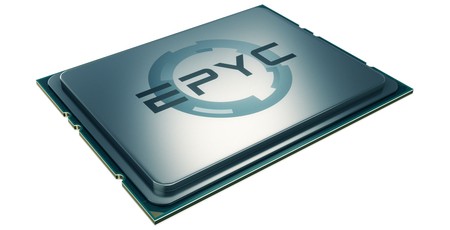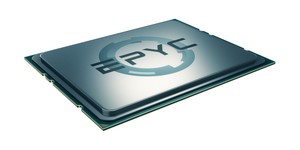AMD's Chinese JV added to US embargo list
June 25, 2019 | 12:11
Companies: #amd #chengdu-haiguang-integrated-circuit #chengdu-haiguang-microelectronics-co-limited #chinese-government #hygon #sugon #thatic #us-government

AMD's plan to break into the Chinese market with a native joint venture has been called into question, following the addition of the Hygon subsidiary to the same trade embargo list which has hit Huawei.
AMD launched its Hygon - or Higon, depending on preferred transliteration - subsidiary as a joint venture with Chinese holding company Tianjin Haiguang Advanced Technology Investment, Co., Limited (THATIC) as a means of producing Ryzen-based hardware, including Epyc server-centric processors, natively. For AMD, it was a chance to break into a potentially lucrative market; for China, an opportunity to exert more control over the production process and reduce its reliance on foreign companies.
Unfortunately, AMD's efforts are under threat thanks to the ongoing trade war between the US and Chinese governments. Following a series of trade tariffs, the US put additional pressure on China with outright trade and technology embargoes for a number of companies - including telecommunications giant Huawei. Now, the list has been expanded - and appears to specifically target Hygon.
According to an announcement from the US Department of Commerce (PDF warning), the extended list includes THATIC parent Sugon, the Wuxi Jiangnan Institute of Computing Technology, and Chengdu Haiguang Integrated Circuit (trading as Hygon) and Chengdu Haiguang Microelectronics Co. Limited (HMC) - the latter two being the corporate entities created by AMD for the Hygon project, with AMD owning 30 percent of the former and 51 percent of the latter and the rest going to THATIC.
Effectively, the US government has banned US companies from working in any way with the named entities - including AMD itself, despite its part ownership. The embargo extends to the company's x86 licence, which will in theory block Hygon from producing its Epyc-based Dhyana processor range. So far, neither AMD nor THATIC have responded to the announcement.

MSI MPG Velox 100R Chassis Review
October 14 2021 | 15:04








Want to comment? Please log in.